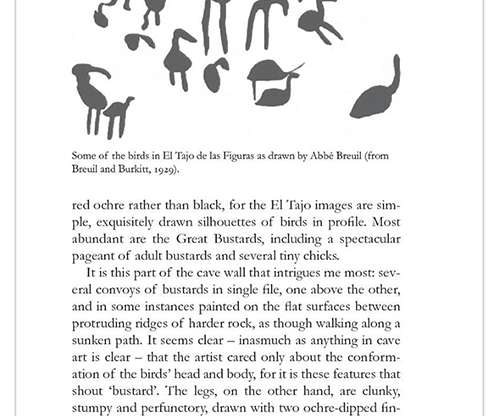Birds and Us: A 12,000 Year History from Cave Art to Conservation–A Book Review
10,000 Birds
SEPTEMBER 6, 2022
They may be about bird eggs ( The Most Perfect Thing: The Inside (and Outside) of a Bird’s Egg , 2016), or a 17th-century ornithologist ( Virtuoso by Nature: The Scientific Worlds of Francis Willughby, 2016), or How Bullfinches learn songs from humans ( The Wisdom of Birds: An Illustrated History of Ornithology.













Let's personalize your content